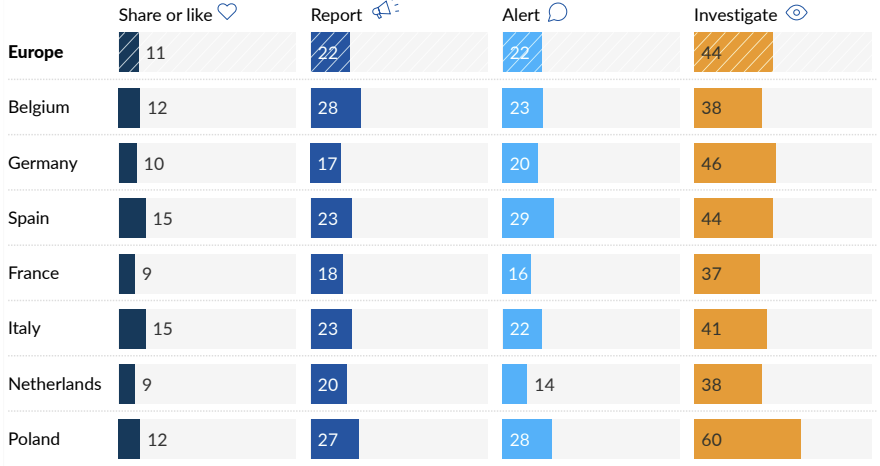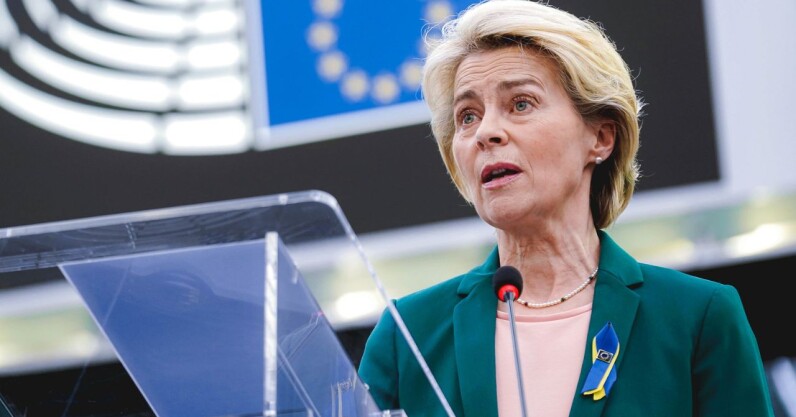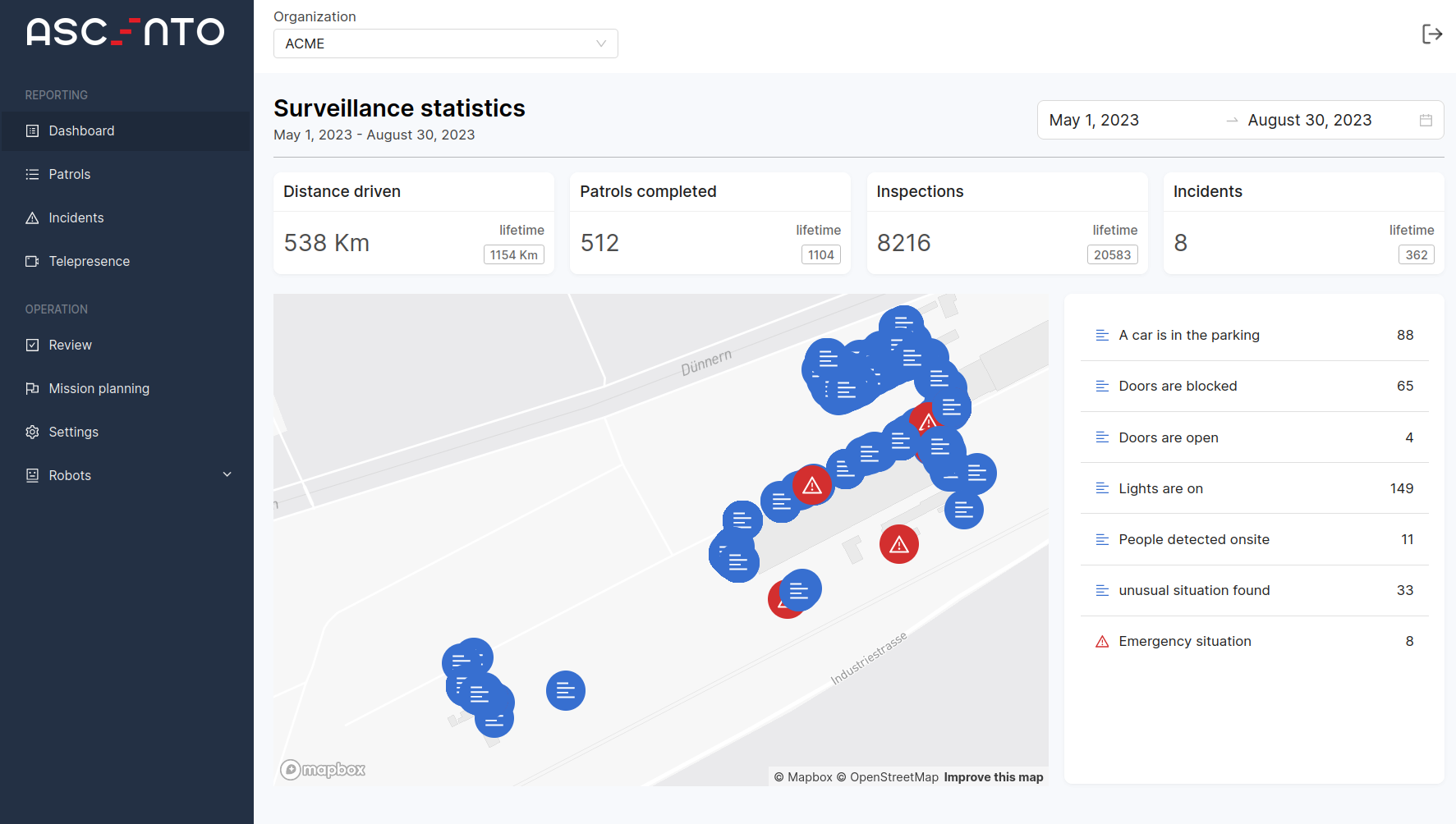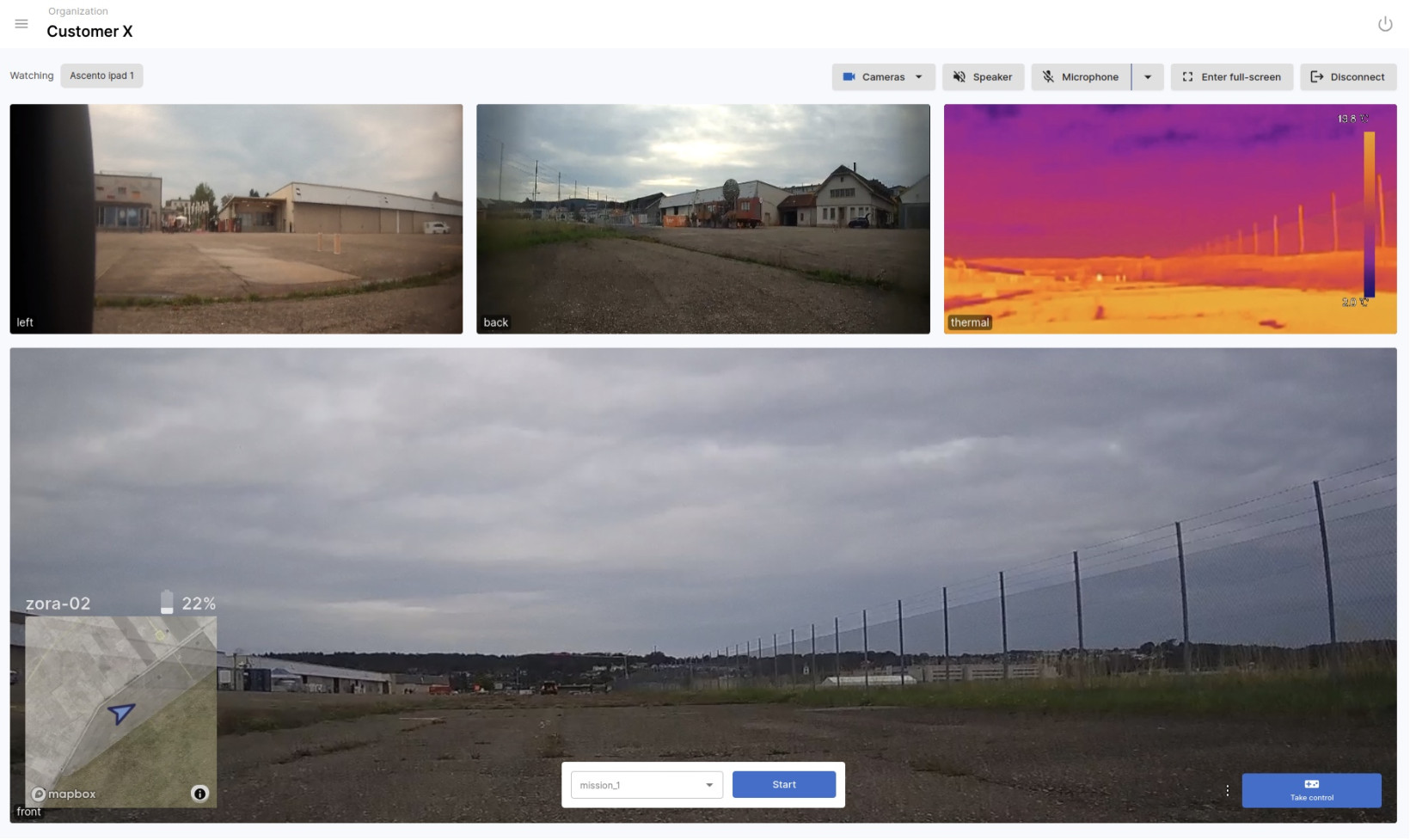Poland investigates ChatGPT after alleged data privacy breach
Poland’s data protection watchdog is investigating OpenAI’s ChatGPT after an unnamed complainant accused the company of GDPR breaches.
“The case concerns the violation of many provisions on the protection of personal data, which is why we will ask OpenAI to answer a number of questions in order to thoroughly conduct the administrative proceedings,” said Jan Nowak, president of the country’s Personal Data Protection Office (UODO).
He added that “these aren’t the first doubts” about the AI tool’s compliance with European principles of data privacy and security.
According to the UODO, the accusations are structured around “unlawful and unreliable” data processing and lack of transparency.

The <3 of EU tech
The latest rumblings from the EU tech scene, a story from our wise ol’ founder Boris, and some questionable AI art. It’s free, every week, in your inbox. Sign up now!
Specifically, the complainant alleged that ChatGPT generated false information about them and did not proceed to the required correction following a formal request. They also claimed that they were unable to find which of their personal data was processed by the company, and received “evasive, misleading, and internally contradictory” answers to questions.
In response, the Polish watchdog will examine the case and clarify any doubts surrounding OpenAI’s systemic approach to European personal data protection rules. Nevertheless, the proceedings “will be difficult” as the company is located outside of the Union, said the regulator.
“The development of new technologies must respect the rights of individuals arising from, among others, the GDPR,” noted the agency’s deputy president Jakub Groszkowski. “The task of the European personal data protection authorities is to protect European Union citizens against the negative effects of information processing technologies.”
This isn’t the first time OpenAI has faced scrutiny in the bloc.
Last March, Italy became the first Western country to impose a temporary ban on ChatGPT, after its data protection agency (again) accused the company of “unlawful” collection of personal data and the absence of an age verification system for minors. In the same month, the European Consumer Organisation (BEUC) called for EU and national authorities to investigate OpenAI’s system.
Published
Poland investigates ChatGPT after alleged data privacy breach Read More »










